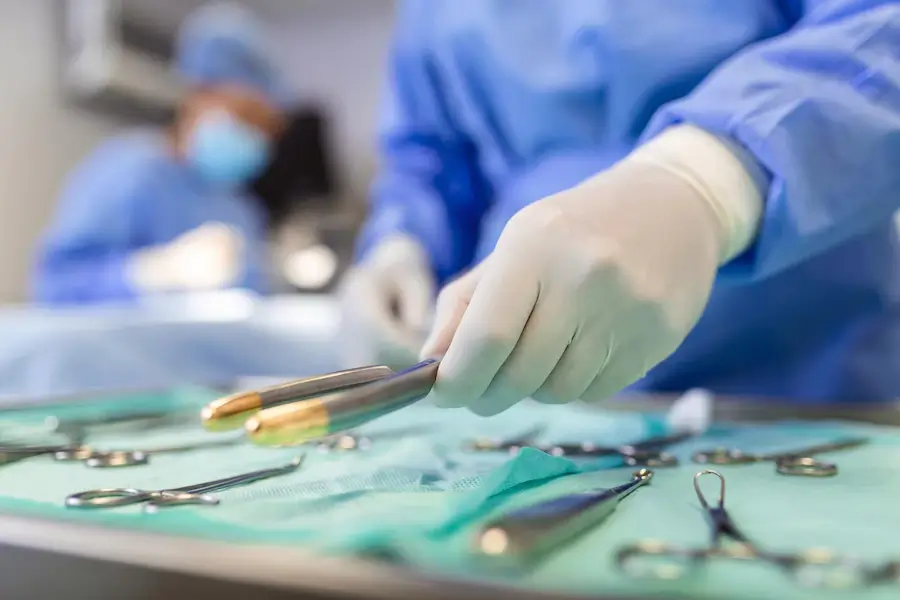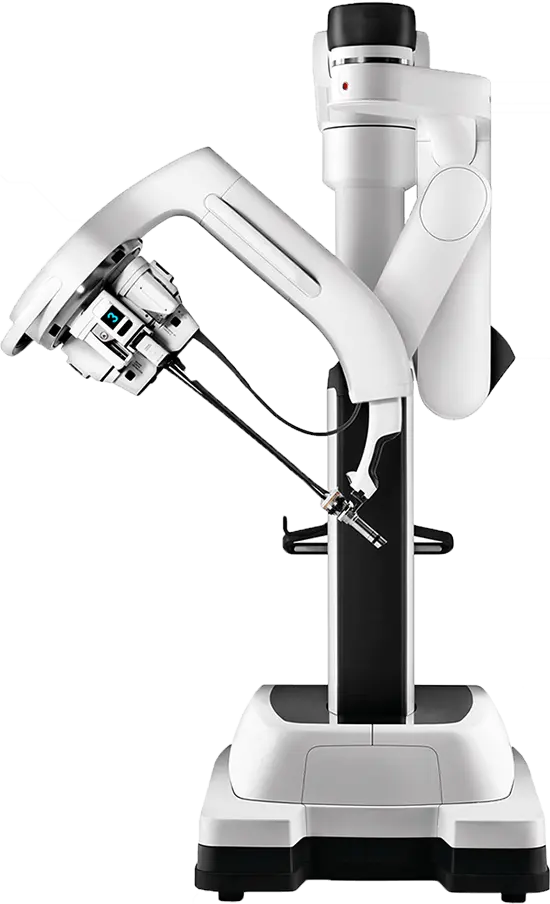Surgical Oncology
Surgical Oncology is a part of Cancer care that focuses on surgery for diagnosing and treating cancer and its symptoms. A medical team of the best oncologists and physicians take care of the patient under surgical oncology. This is usually done in combination with other types of cancer care procedures like medical and radiation oncology. The medical team evaluates the condition of the patient to make a comprehensive treatment plan.
Surgical oncology is not about simply deciding on the surgery and performing the same. It involves discussion of the medical team with the patient regarding his or her expectations from the treatment. After a thorough evaluation, a diagnosis is formed and treatment is planned to reduce the symptoms of cancer

